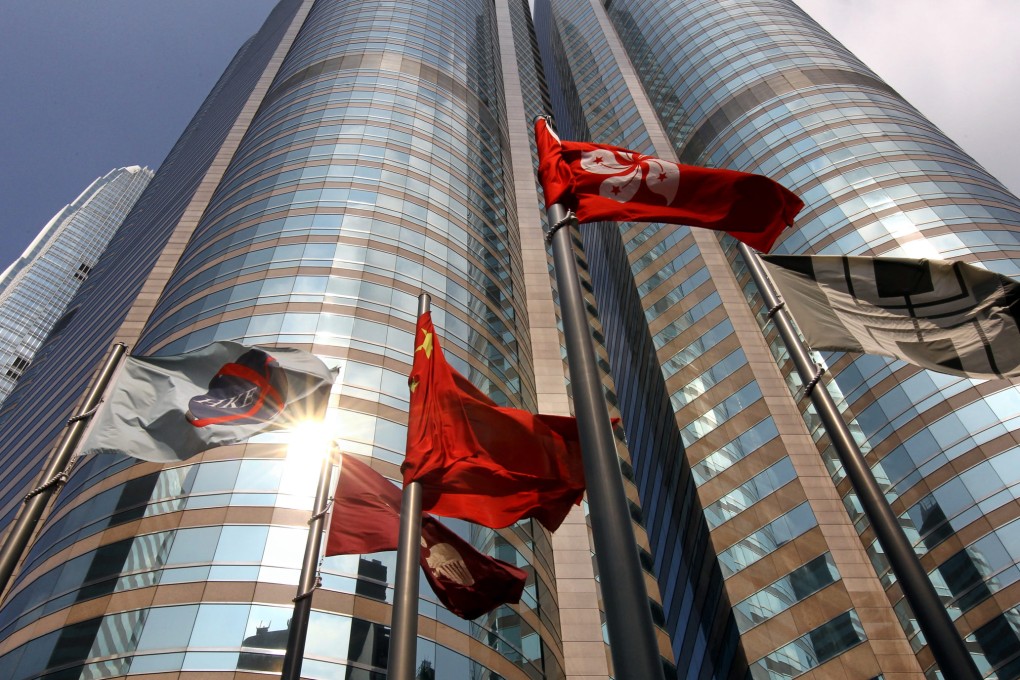White Collar | Funding model proves thorny issue for auditing reform in Hong Kong
Disagreement mounts over allocation of powers and funding sources as reform draws closer

The government has completed its consultation on a long-awaited reform to regulate auditors of listed companies with the aim of lifting standards and sparing the city any more of the accounting scandals seen in recent years.
It appears many stakeholders have indicated their support for the reform in principle, but a key sticking point remains: who will foot the bill for a more powerful regulator? This thorny question looks set to be at the heart of the debate over the reform in the coming months.
The government has proposed changing the law to expand the reach of the government-appointed Financial Reporting Council to take over more powers from the Hong Kong Institute of Certified Public Accountants (HKICPA), adding to its brief routine inspections and disciplinary action for auditor misconduct.
The council was set up by the government in 2006 to assume the powers of the HKICPA in investigating alleged audit failures. But for many, the move did not go far enough. In many overseas markets, responsibilities covering inspection, investigation and disciplinary action against auditors have been handed to independent bodies.
The government wants investors, listed companies and auditors to pay for regulation
The fact that Hong Kong let the HKICPA self-regulate the industry created an impression that the city is in a regulatory Stone Age. This failure to keep up with global practice has shut the city out of the international accounting regulatory body.
It came as no surprise that the council has echoed the government's line on reform. Nor was it a surprise to hear the HKICPA voice some opposition to a move that would reduce its clout. In particular, the HKICPA says the maximum fine of HK$10 million for accounting breaches is too high. It is also worried about the council becoming too powerful.
